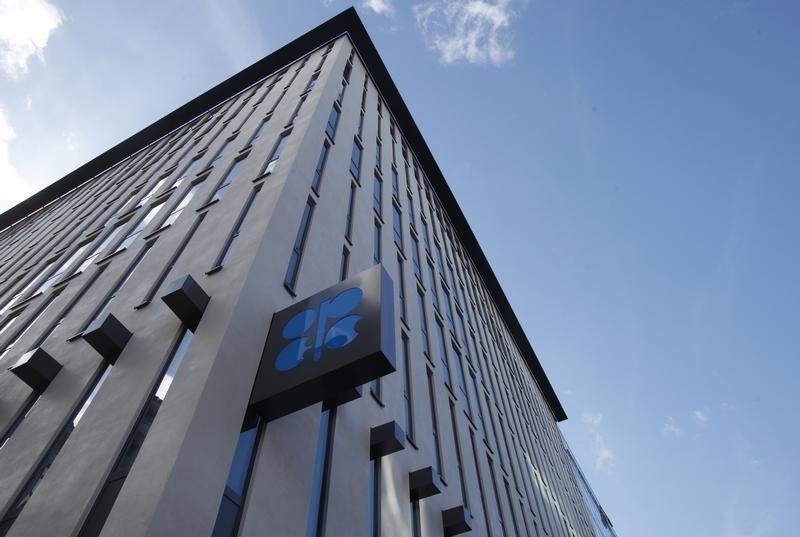Street Calls of the Week
(Bloomberg) -- Libya took a major step toward reviving its battered oil industry by reopening its biggest field, presenting a new headache for OPEC+ as the alliance of major producers tries to curb global supplies.
The National Oil Corp., Libya’s state energy company, lifted force majeure on the western deposit of Sharara and instructed its operator to resume production, according to a statement on Sunday. The field will initially pump 40,000 barrels of crude a day, before reaching its capacity of almost 300,000 barrels next week, a person with knowledge of the situation said.
That would double overall output in Libya to around 600,000 barrels daily, said the person, who asked not to be identified because they aren’t authorized to speak to media.
Crude from Sharara has begun reaching storage tanks at the port of Zawiya, another person said.
Sharara’s reopening follows a truce in Libya’s long-running civil war that’s already led to many oil fields and ports in the east starting up after an almost total shutdown since January.
The NOC didn’t mention the nearby deposit of El Feel, or Elephant in Arabic. The 70,000-barrel-a-day field normally follows Sharara’s shutdowns and restarts because it relies on electricity from its bigger neighbor to operate.
Headwind for OPEC
Libya is an OPEC+ member and home to Africa’s largest crude reserves. But it’s exempt from the group’s supply cuts, initiated in May as the coronavirus pandemic stifled economies and caused oil prices to tank. The alliance, led by Saudi Arabia and Russia, planned to ease the curbs by 2 millions barrels a day from the start of 2021.
Yet with virus cases accelerating in many countries, the cartel faces a difficult decision at its next policy meeting on Nov. 30-Dec. 1: whether to stay the course or delay the increase in production. Benchmark Brent crude has more than doubled to around $42.25 a barrel since May, but it’s still down 36% this year.
“The Libyan oil restart is gaining momentum faster than most people expected,” said Bill Farren-Price, a director at energy analysis firm Enverus. The likelihood of more Libyan exports is “an additional headwind for OPEC at a time when it is already grappling with softer than expected demand as the second wave of Covid-19 intensifies.”
JPMorgan Chase (NYSE:JPM) & Co. forecasts that production will rise to 1 million barrels daily by March.
Still, the North African nation’s energy infrastructure is crumbling after almost 10 years of conflict and chaos following the ouster of former dictator Muammar Qaddafi in 2011. Frequent shutdowns and a lack of nuts-and-bolts servicing have left pipelines corroding and storage tanks collapsing. The NOC’s chairman, Mustafa Sanalla, told Bloomberg in June it would cost more than $100 million to fix wellheads alone, limiting the nation’s ability to ramp up production quickly.
Force majeure is a legal status protecting a party that can’t fulfill a contract for reasons beyond its control. Sharara is run as a joint venture between the NOC, France’s Total SE, Spain’s Repsol (OTC:REPYY) SA, Austria’s OMV AG and Norway’s Equinor ASA (NYSE:EQNR).
The NOC, based in the Libyan capital of Tripoli, said it reached a “gentlemen’s agreement” with militias known as the Petroleum Facilities Guard who were active near Sharara. The militias are obliged to “end all obstacles” hindering operations at the field, the NOC said. That came after United Nations-sponsored talks this month in Egypt, which were partly about restoring security at Libya’s oil facilities.
Libya was producing 1.2 million barrels a day last year. Khalifa Haftar, a Russian-backed commander who controls much of the east, blockaded ports and fields in mid-January as he attempted to unseat the UN-supported government in Tripoli. That caused output to slump to less than 100,000 barrels a day, most of it from offshore fields.
(Updates from fifth paragraph with details of el-Feel oil field.)
©2020 Bloomberg L.P.
